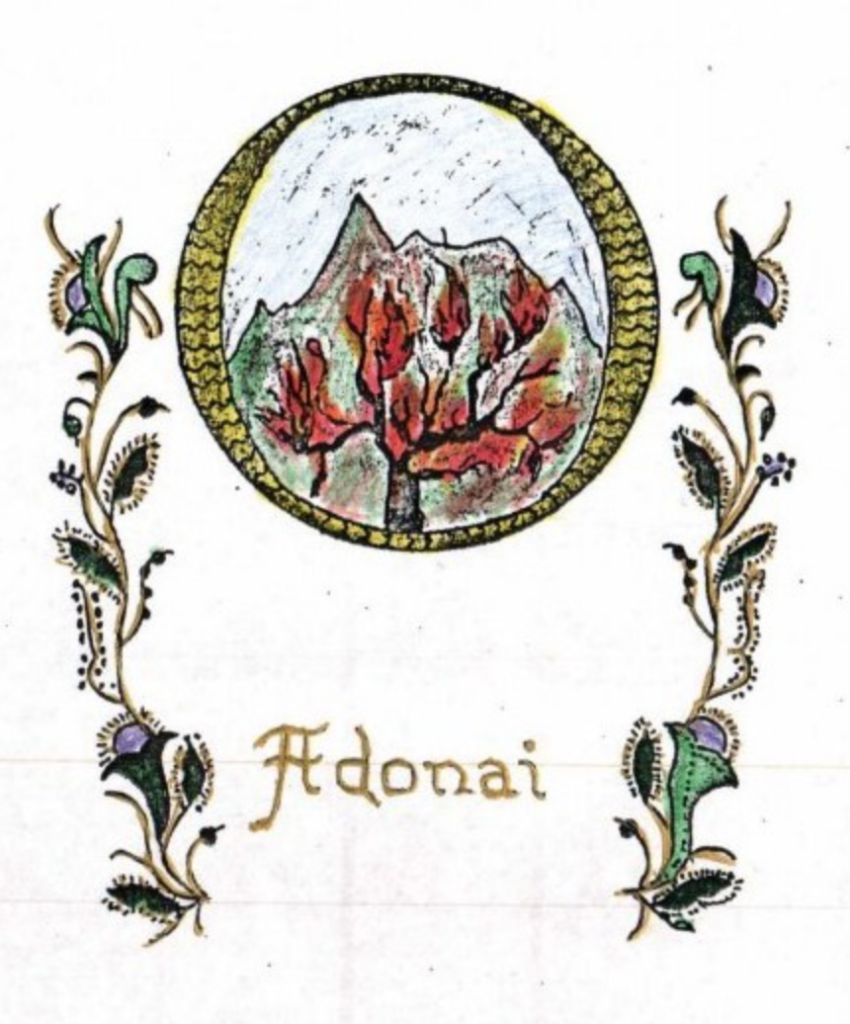18th December 2020
18th December - O Adonai
O come and save us with your mighty power.”
The word “Adonai” is a particular Hebrew term for “Lord”. Yet it is retained in the original Latin antiphon, rather than being translated to “Dominus”. The term is only used twice in the Vulgate (Latin) Bible. The only explanation for its usage in the antiphon is the author’s intended acrostic (see here)!
The first time “Adonai” is used in the Bible is when God reveals His name as “the LORD” to Moses. And so this second antiphon points us to the second essential thing that we, with our Jewish ancestors, can say about God: He is the Lawgiver.
The Latin words that refer to the Lord’s appearance in the burning bush are not taken directly from Exodus, but are a literal quotation from St Stephen’s speech in the Acts of the Apostles. Thus a discrete reference is inserted to the New Testament and to Christ.
The words either side of that phrase – referring to the leader of Israel and the Law on Sinai – are not found directly anywhere in the Old Testament, although they refer to Israel’s exodus from Egypt and to the Covenant formed with them. Equally, the last phrase, “Come and save us…” seems to refer to Moses’ song of thanksgiving after the crossing of the Red Sea.
So how does all this relate to Christmas? According to ancient Christian tradition, the revelation of the Old Testament was considered to be the Revelation, however veiled, of the Son, the Second Person of the Trinity. The God Who spoke to our ancestors spoke through His Word, Who becomes incarnate in the Christmas mystery. Hence Catholic theology has always seen a spiritual prefigurement or foreshadowing of the New Testament in the physical events of the Old Testament.
The leader of Israel, the One Who sets us free from the land of slavery, Who leads us through the waters of Baptism that wipe away all evil, and Who forms an irrevocable covenant in His blood on the mount, is Christ the Lord: the One Whose coming we await.
Stefan Kaminski
Director, The Christian Heritage Centre

